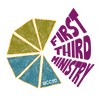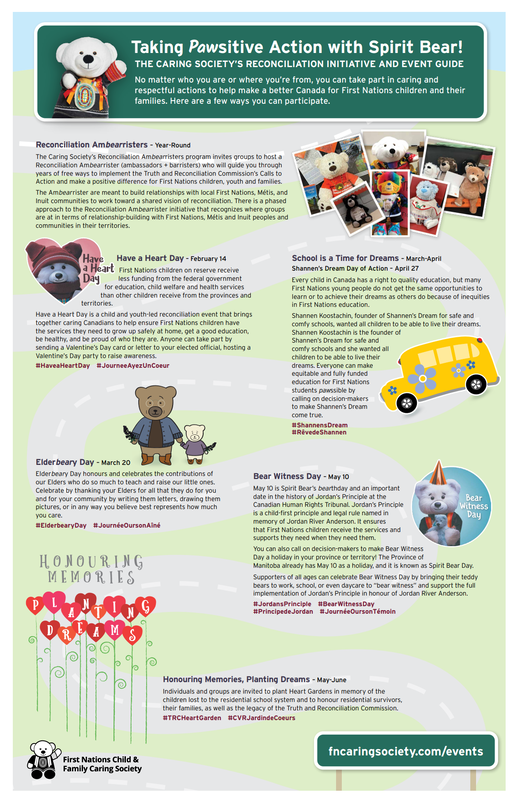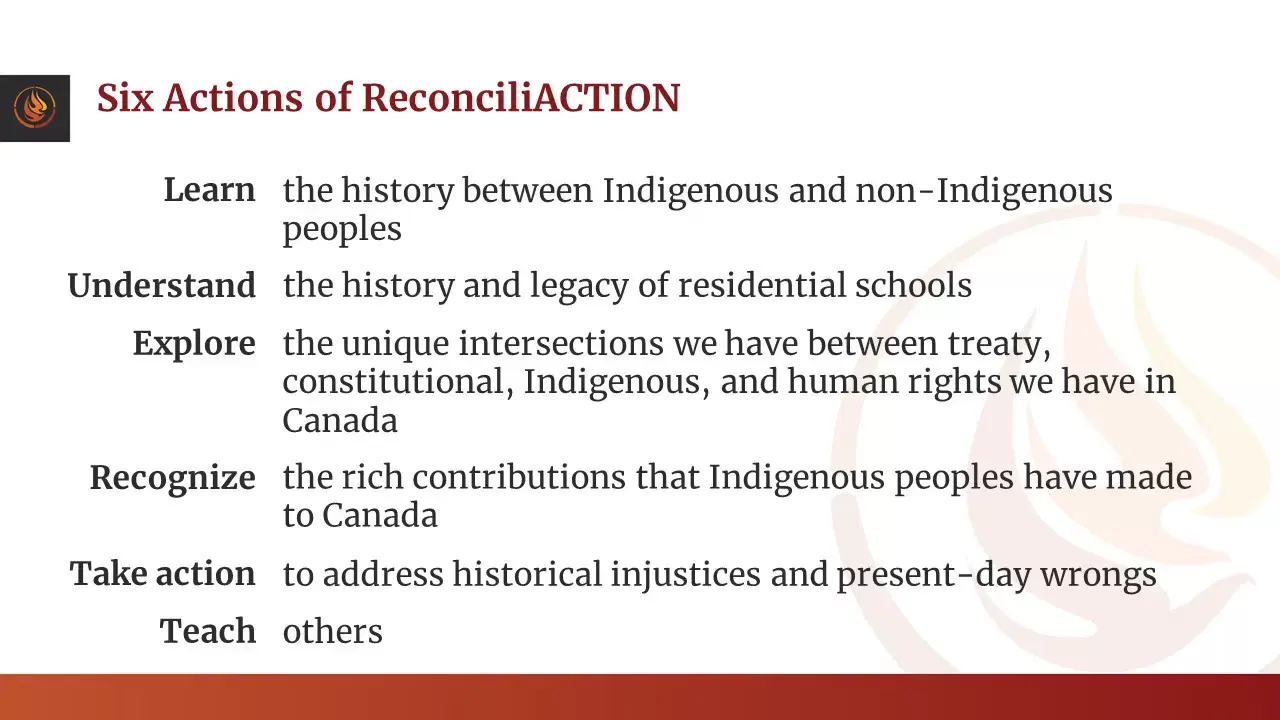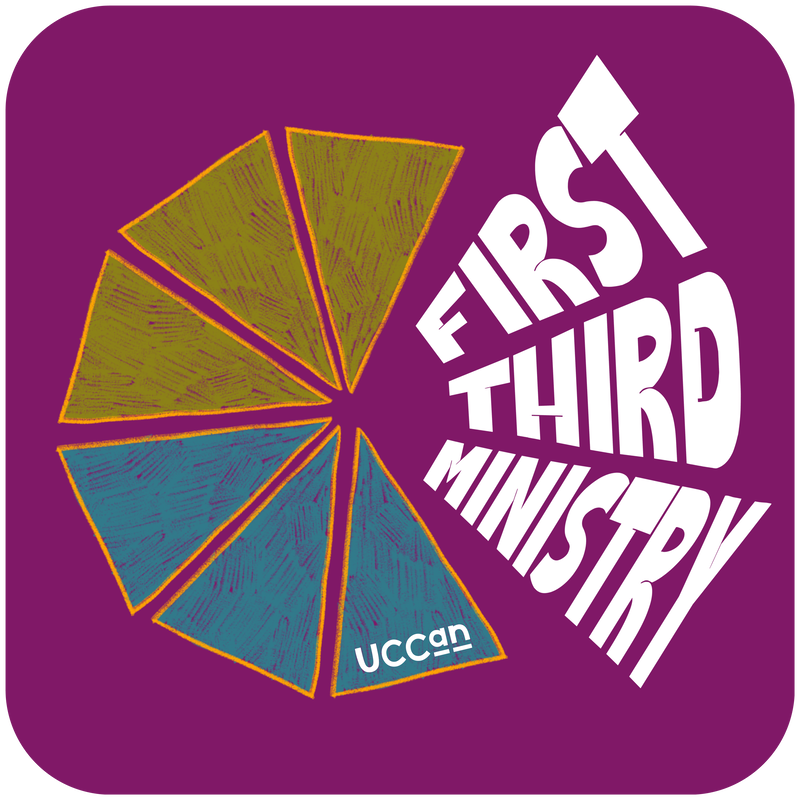- Home
- Events
-
Leader Support & Education
- Rituals and Practices for an Intergenerational Worshipping Community
- Leadership Conference 2024: Anti-Racism Work And Action >
- Leaders Online Gatherings
- Certificate in Children, Youth & Family Ministry
- Godly Play Events 2023
- Art Of Children and Youth Ministry Course
- Deepening Pastoral Practice Amidst Continuing Pandemic Realities
- RE-ENTRY with First Third Ministry
- Spiritual Conversations: Pastoral Ministry with Children, Youth, and Families
- VST Course Cohort: A Spirituality of Race for First Third Ministry Leaders
- COVID-19 Aware Guidelines
- Youth Council
- Resources
- News
- Contact
- Family
ReflectCheck in with yourself as you are learning: Is this information new? If it is - why? What might have led to not knowing? How am I feeling? What is surprising? Am I feeling any resistance? If you are a settler, use these resources to reflect on your role in the work of reconciliation: 5 Tips for Being An Ally Engaging and accessible video explaining how to approach being an ally for communities that you are not a part of | 3:32 min runtime Ally Bill of Responsibilities A two page poster listing the practices of a responsible ally to Indigenous peoples developed by Dr. Lynn Gehl. Indigenous Ally Toolkit Engaging infographics with clear information & concrete tools to engage in reconciliation in supportive and productive ways. This resource was created by the Montreal Urban Aboriginal Community Strategy Network. Show UpAdd the 'Dates of Note' in your calendar & set aside time to intentionally mark those days.
Show up in conversation: talk with others in your circles and share what you've learned. Sharing the Message of Truth and Reconciliation with your kids A resource for parents on ways to engage with truth and reconciliation as a family. Kitchen Table Dialogue Guide A resource for individuals or groups to facilitate intentional conversations about reconciliation with their families or communities. Support Spirit Bear's PlanCheck out the First Nations Child & Family Caring Society's ways to engage throughout the year with campaigns that promote equity for First Nations children and families
Click the image above to learn about Spirit Bear's plan "to end inequalities in public services for First Nations children, youth, and families." Their family-friendly resources teach why this is necessary and how you can help, like by writing to your representatives in parliament or planting a heart garden. Center Indigenous VoicesSupport Indigenous Organizations & Communities Indigenous Cultural Centers in B.C. Visit your local Indigenous cultural centre and learn directly from the community whose land you are on. Indigenous Tourism Experiences Across Canada Destination Indigenous' website promotes Indigenous tourism experiences associated with the Indigenous Tourism Association of Canada. Indigenous Tourism Association of Canada Directory This is an interactive map of Indigenous-owned and controlled businesses across Canada Native Northwest Retailer with a variety of products (home, apparel, stationary, children's books and toys, and more) featuring art created by Indigenous artists. AND.... Check out our RESOURCES page to find Indigenous creators and artists across all forms of media - music, radio, podcasts, tv, film, social media, and more! |
Know Your ContextWhose land are you on? Native Land Digital This online map resource presents Indigenous territories, languages, and treaties on a globe without other colonial boundary lines. The map is searchable by address and accompanied by educational resources. First Peoples' Map of B.C. A map of Indigenous communities in B.C. with supplemental information on language, art, and other points of interest. Indigenous Peoples Atlas of Canada by Canadian Geographic An online resource that contains "Indigenous perspectives much older than the nation itself shared through maps, artwork, history, and culture." How are you related to this place? Indigenous Resistance Homework A worksheet designed to guide non-Indigenous people to reflect on their relationship to the land and their role in colonization and decolonization. A Lesson About Privilege A brief animated video introducing the concept of privilege | 1:45 min runtime ASK: What is my personal or familial connection to land as a settler? LEARN: Where did the names of the churches, streets, neighborhoods, and cities where you live come from? How are those names related to that place? Land acknowledgements are one way to promote reconciliation by locating ourselves in relationship to the land and to the Indigenous peoples there. Work Towards DecolonizationDecolonization and Indigenization A brief but dense adult-oriented explanation of the concepts of decolonization and Indigenization using technical language. Ryan McMahon's 12-step guide to decolonizing Canada A transcript of a podcast segment where Ryan McMahon gives an engaging account of the ways in which colonialism is still present in Canada. Decolonization: A Resource for Indigenous Solidarity A blog post most suitable for older teens and adults with concrete practices for decolonization. Decolonization is for everyone TEDtalk by Nikki Sanchez at SFU talking about decolonization in a Canadian context. | 13:19 min runtime Turtle Island A child-friendly explanation of the term Turtle Island, which is sometimes used to refer to the North America in place of other terms that refer to colonial boundaries. Take ActionRead the Calls to Action from the Truth and Reconciliation Commission and the Calls for Justice from the Final Report of the National Inquiry into Missing and Murdered Indigenous Women and Girls.
150 Acts of Reconciliation A list of actions that any person can do to promote reconciliation. Try reading them all through and choosing 15 to start with. Come back to the list again when you're done! Making Reconciliation Real A lesson plan for children ages 6 to 11 to learn about Residential Schools and about ways we can all participate in reconciliation. Developed from a partnership between Canada's History magazine and the National Centre for Truth and Reconciliation. |
Email:
|
Sign Up for First Third Ministry EmailsConnecting you and your community to First Third Ministry's life and work.
|






